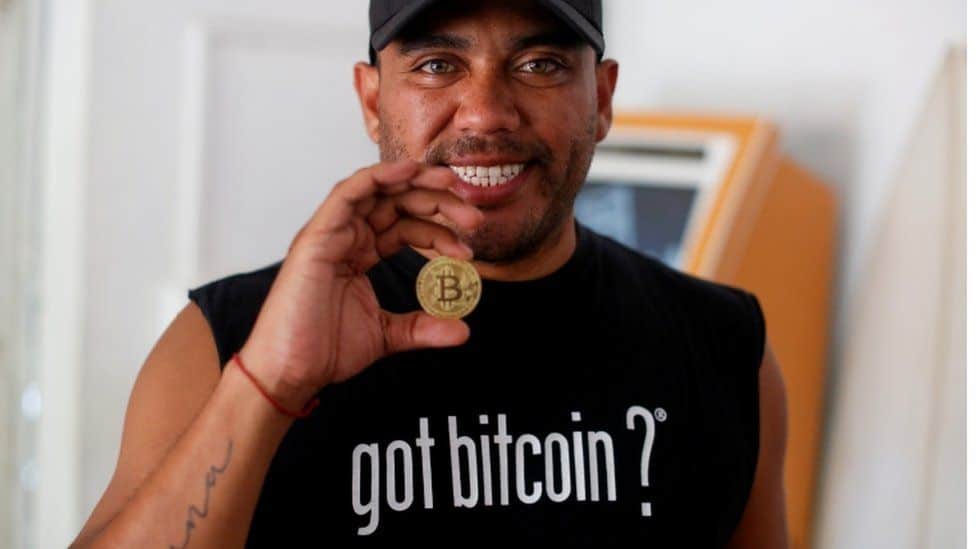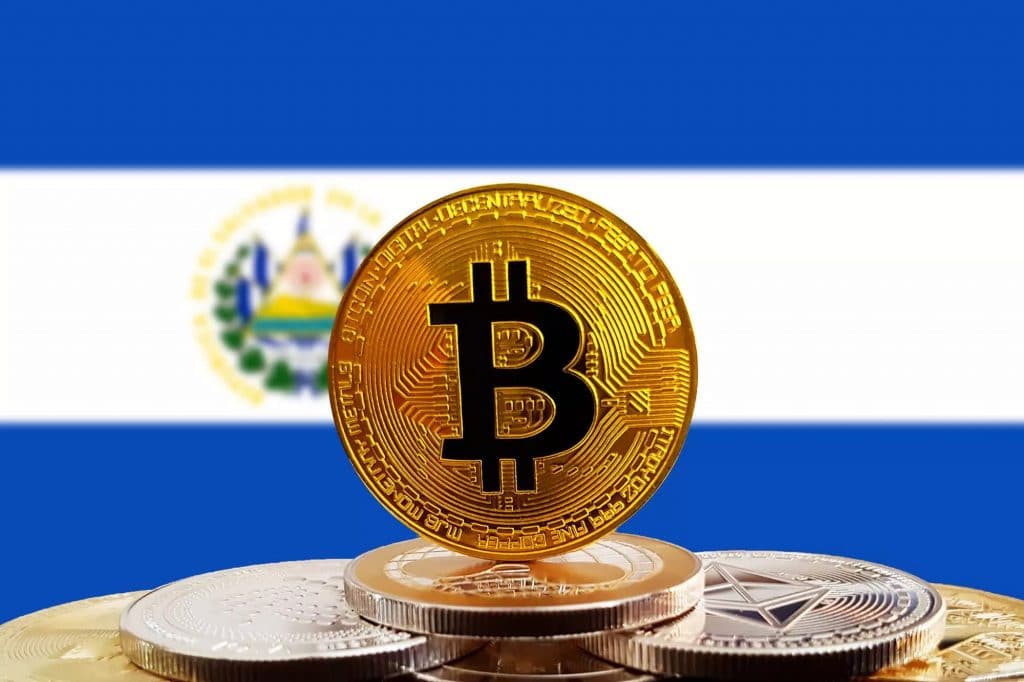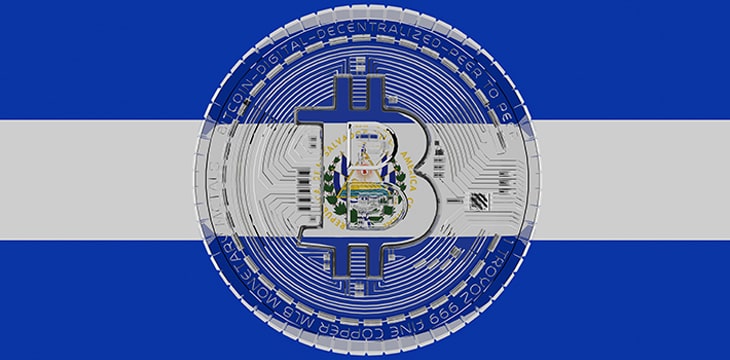
El Salvador is the first country to accept Bitcoin as legal tender. However, the World Bank has refused its request for help due to environmental and transparency issues.
The World Bank has rejected El Salvador’s request to aid in implementing Bitcoin as legal tender. “We are committed to helping El Salvador in numerous ways, including for currency transparency and regulatory processes,” a World Bank’s spokesperson has commented.
The World Bank maintains that its environmental and transparency shortcomings make it a difficult tender to adopt.
El Salvador Legalised Bitcoin Last Week

Congress passed President Nayib Bukele’s bitcoin bill last week with 62 out of 84 votes. With this, El Salvador became the first country in the world to have legalized bitcoin as a tender. The finance minister, Alejandro Zelaya, stated on Wednesday that the country had approached the World Bank. They required technical help to implement the law, which uses bitcoin as a parallel legal tender with the US Dollar.
The International Monetary Fund last week said that there would be “macroeconomic, financial and legal issues” with the adoption. However, Zelaya said that the IMF was “not against” the adoption after El Salvador explained its position and confirmed that they would not abandon the US Dollar. “We gave our official position to the IMF. We have been emphatic; we are not replacing the US dollar as legal tender in El Salvador,” Zelaya said in a news conference.
Why the World Bank Has Refused Help?
The World Bank has refused to help in the implementation due to environmental shortcomings and transparency issues associated with Bitcoin processes and mining. A World Bank spokesperson has said, “While the government did approach us for assistance on Bitcoin, this is not something the World Bank can support given the environmental and transparency shortcomings.”
What’s Next for El Salvador?

The President maintains that the move would simplify sending money home for Salvadoreans living in other countries. The economy of El Salvador relies on these remittances, which make up 20% of the GDP. With 2 million Salvadoreans living abroad, this is definitely a welcome change.
The new law will also imply that businesses should accept Bitcoin as legal tender. This is applicable for goods and services as long as it is able to process the transaction.
Although the World Bank will not help, all hope is not lost for El Salvadore. The Central American Bank for Economic Integration(CABEI) has offered to help. With 15 member countries, the CABEI has agreed to provide necessary technical assistance. CABEI’s Executive President Dante Mossi has expressed his optimism regarding the move by El Salvador.






